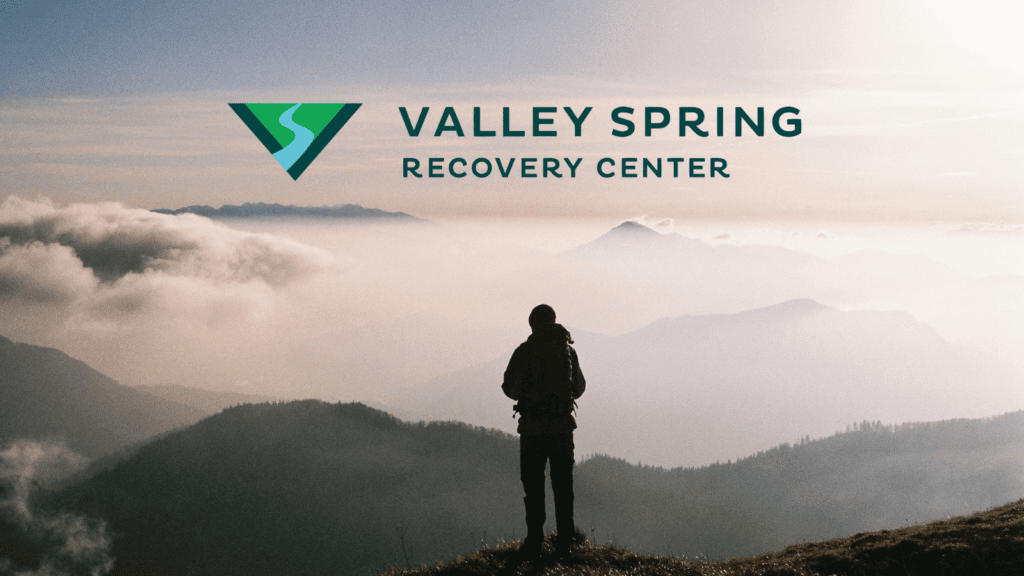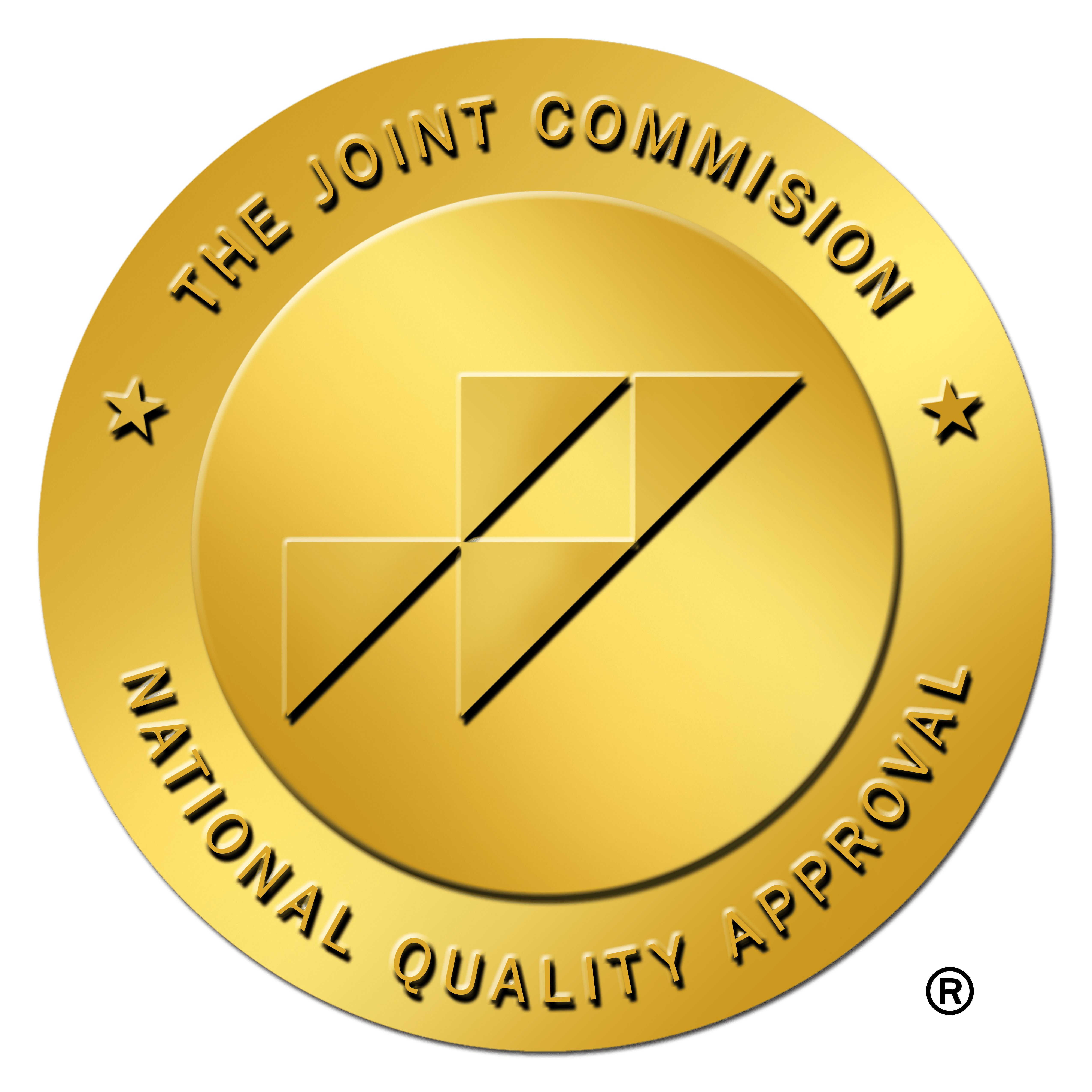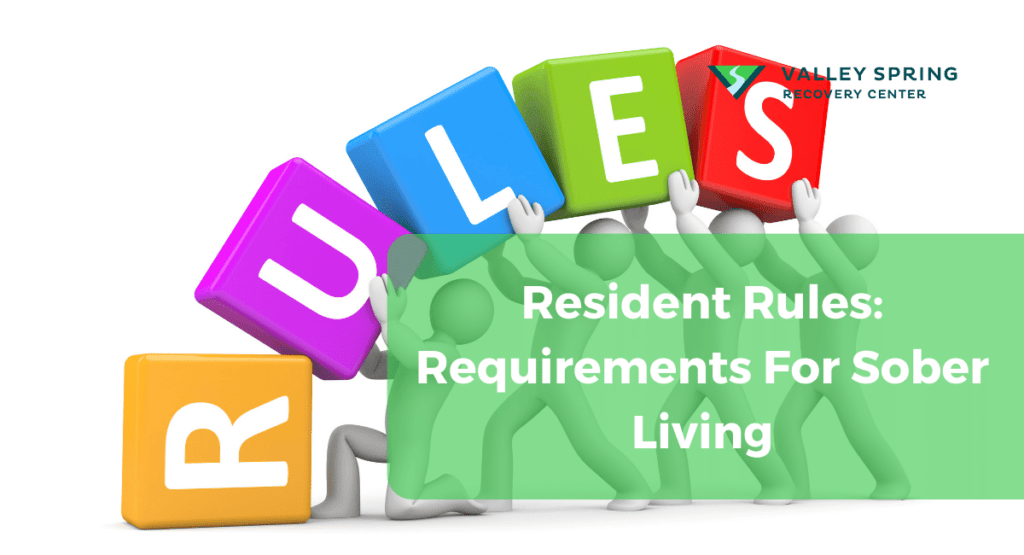
Benzodiazepine addiction can cause serious harm to individuals and their loved ones. If you or someone you know is struggling with benzodiazepine addiction in New Jersey, it’s essential to seek professional help.
Statistics from the NIH show that in the last decade, there has been a significant increase in prescribing benzodiazepines. This pattern has sparked worries about the possible abuse and overuse of these drugs and has forced more investigation into their side effects and available treatment options.
People looking for benzodiazepine rehab and therapy can take advantage of the specialist programs offered by the Valley Spring Therapy Center in New Jersey. To ensure long-term recovery, our all-encompassing approach focuses on treating the psychological, emotional, and physical aspects of addiction.
What Is Benzodiazepine Addiction?
The United States Drug Enforcement Administration states that Benzodiazepines are a group of medicines that are for treating anxiety and panic disorders. They’re also used to assist with sleeping and reduce seizures. But for some people, these medicines have the potential to become addictive and lead to dependence.
Benzodiazepine addiction is the term used to describe the physical and psychological dependence that an individual experiences on these drugs.
Obsessive use is often the result of this dependence, even in situations where there are negative aspects.
Addiction to benzodiazepines can be difficult to recover from without expert assistance. When trying to quit taking benzodiazepines, those who are addicted to the substance frequently experience withdrawal symptoms. Anxiety, irritability, insomnia, and in extreme situations, seizures, are some of these symptoms.
Early Signs You Need Rehab For Benzodiazepine Addiction?
Identifying the need for rehabilitation in the context of benzodiazepine addiction involves observing specific signs and behaviors that indicate a dependency has formed. These signs often reflect changes in physical health, mental wellbeing, and daily functioning. Understanding these can be the first step in seeking necessary treatment and support. Key indicators include:
- Increased Tolerance: Needing larger doses of benzodiazepines to achieve the same calming or sedative effect, indicating a growing tolerance to the medication.
- Withdrawal Symptoms: Experiencing physical and psychological withdrawal symptoms when not using the drug, such as anxiety, insomnia, tremors, and, in severe cases, seizures.
- Loss of Control: Finding it difficult to cut down or stop using benzodiazepines despite repeated attempts, or using the drug in larger amounts or over a longer period than intended.
- Preoccupation with the Drug: Spending a lot of time obtaining, using, or recovering from the effects of benzodiazepines, often at the expense of social, occupational, or recreational activities.
- Continued Use Despite Harm: Continuing to use benzodiazepines even when it causes or exacerbates health problems, mental health issues, or difficulties in personal relationships.
- Neglect of Responsibilities: Failing to fulfill major role obligations at work, school, or home due to recurrent benzodiazepine use.
- Risky Use: Using benzodiazepines in physically hazardous situations, or escalating use to more potent forms or mixing with other substances to enhance effects.
These signs are not exhaustive but are indicative of a problematic relationship with benzodiazepines that requires professional intervention. Rehab and treatment can offer a structured path towards recovery, addressing both the physical dependence and the psychological aspects of addiction.

Our Approach To Benzodiazepine Treatment In New Jersey
The Valley Spring offers personalized treatment plans that address each individual’s needs and challenges. Our services are outpatient and here are some of the components of our benzodiazepine rehab and treatment program:
- Medication-assisted treatment: Medications may be used to help patients cope with withdrawal symptoms and reduce cravings. These medications are carefully monitored by our medical staff and prescribed based on each individual’s unique needs.
- Family integration: Family involvement is crucial in supporting an individual’s recovery. We offer family therapy sessions to address underlying issues and promote healing and understanding among family members.
- Trauma-informed care: Many individuals struggling with benzodiazepine addiction have experienced trauma in their lives. Our treatment approach is sensitive to these experiences and focuses on healing from past trauma as part of the recovery process.
- Cognitive-behavioral therapy (CBT): CBT assists patients in recognizing and altering harmful thought patterns and behaviors that fuel their addiction.
- Counseling at night: We provide evening therapy sessions to provide extra assistance to clients during their rehabilitation.
- Life Skills Counseling: We will teach participants how to develop life skills and healthy coping mechanisms as part of our program, which will help their long-term recovery.
- EMDR: The specialist therapy known as Eye Movement Desensitization and Reprocessing (EMDR) helps patients process past events, reducing the likelihood of relapse.
The Valley Spring Treatment Center in New Jersey provides compassionate care, evidence-based treatments, and a supportive environment for individuals seeking benzodiazepine rehab and therapy. While we do not have a detox program, we partner with other facilities to ensure our patients get these services.
Our Other Specialty Treatment Programs In NJ
Valley Spring provides a diverse array of addiction treatment programs, catering to various groups including the LGBTQ community, and addressing specific substance dependencies such as cocaine and fentanyl. Recognizing the unique journey of each person and the distinct phases and stages of addiction is at the heart of our approach. This underscores the importance of tailored treatment plans. Explore our treatment options to find the one that aligns with your needs.
Frequently Asked Questions
How does benzodiazepine addiction develop?
Benzodiazepine addiction can develop when individuals misuse or overuse these medications beyond prescribed guidelines, leading to physical and psychological dependence.
How Do I Get Started with the Program?
Getting started is simple. Contact us via phone or through our website for a confidential consultation. Our team will guide you through the process of enrollment and answer any questions you might have.
What are the risks of benzodiazepine addiction?
Risks of benzodiazepine addiction include overdose, respiratory depression, cognitive impairment, increased susceptibility to accidents, and potential interactions with other substances.
Can Family Members Be Involved in the Treatment Process?
Yes, we encourage family involvement. Family therapy sessions and visitations can be arranged as part of the treatment plan, as family support is crucial in the recovery journey.
What Types of Therapies are Offered at Valley Spring Recovery Center?
We offer a range of therapies, including Cognitive Behavioral Therapy (CBT), Dialectical Behavior Therapy (DBT), individual counseling, group therapy, family therapy, mindfulness practices, medication assisted therapy and more. Each therapy is chosen to suit your unique recovery needs.
What Should I Expect When Starting cocaine Detox?
At the beginning of cocaine detox, a comprehensive assessment will be administered by a medical professional to tailor the detox process to your needs. Initially, you may experience withdrawal symptoms, which will be managed with the utmost care. Our supportive staff will guide you through each step helping you admit to a detox program.
How Long Does the Detox and Rehabilitation Process Last?
The duration of cocaine detox and rehabilitation varies depending on individual needs. Detox occurs off-site at one of our partner detoxes and typically lasts from a few days to a week, while the length of the rehabilitation program can range from 30 days to several months. We’ll work with you to determine the most effective timeline for your recovery.
The Only Benzodiazepine Rehab In NJ With Dual Accreditations
Valley Spring Recovery Center has accreditations from JCAHO and CARF certifying us as a premier provider of substance use disorder treatment.

100+ Reviews
Learn more about rehab for Benzo Abuse at the Valley Spring Recovery Center in New Jersey
Admitting the need for detox or rehab is a brave first step, and at Valley Spring Recovery Center, you’re not alone. Our compassionate and skilled team is ready to support you through every step of your recovery journey. We understand the challenges of confronting alcohol addiction, and we’re here to help you build a foundation for a healthier, sober future. Contact us today if you want to discuss your situation through a confidential call with our admissions counselors.




